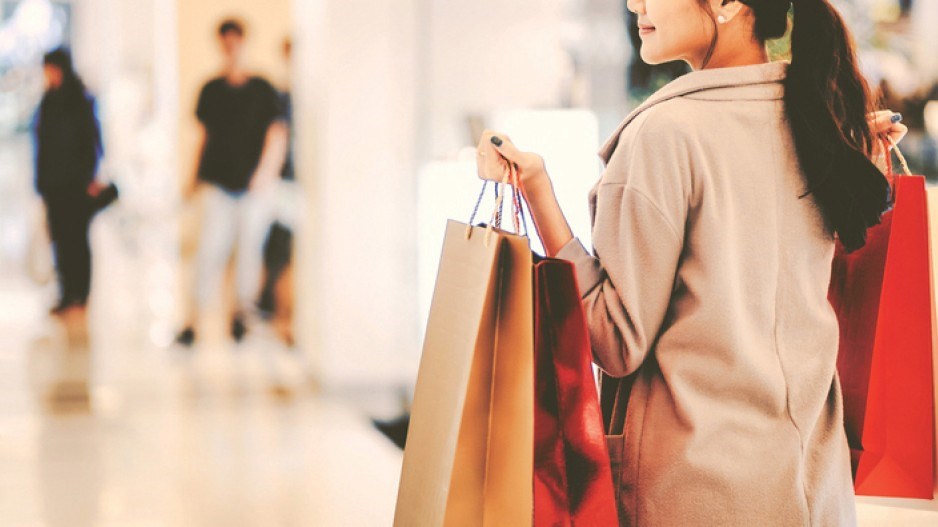While COVID-19 presented a new challenge for businesses, the retail industry had already been slowly adapting to changing consumer behaviour as it digitized over the past few decades.
But the pandemic’s economic and social disruption has revealed that a slow and steady approach will no longer cut it for the industry.
Craig Patterson, editor-in-chief of Retail Insider, said the prescription for the industry’s troubles is “giving the customer what they want, when they want it and how they want it. Which means retailers need to be online and need to keep a laser focus on inventory and fast shipping.”
The pandemic has increased retail’s dependence on e-commerce sales and made it essential for retailers to adopt an online strategy. It has also accelerated the trend of experiential shopping, which is aimed at increasing customer engagement, and made it more important for retailers to offer customers more than just clothes on their racks or goods online or on their shelves.
“Retailers need to have an interesting retail space.” Patterson said. “At this point the question is, ‘Why would anyone go into a store if they could get it online?’”
Since the birth of e-commerce, many have raised concerns, suggesting that shoppers wouldn’t bother going into stores if items were sold online. Pandemic safety restrictions and long waits to get into shops have heightened the concerns.
Giving people a reason to come into a physical location means retailers are going to have to create unique shopping experiences that they won’t find online. Patterson points to the innovative retail location that Foot Locker (NYSE:FL) just launched on Vancouver’s Robson Street. The location, which Foot Locker dubs a “community power store,” uses showmanship to lure and hold Vancouver shoppers, heightening the consumer experience by featuring Vancouver brands on its shelves, Vancouver artwork on its walls and even dedicating its second floor as an event and entertainment space to showcase local brands and DJs when conditions permit.
Shopping centre owners are also having to reinvigorate their properties by considering cannabis dispensaries, second-hand stores and other tenants that would have been unimaginable a decade ago.
Patterson said that many retailers are going to go out of business, but new brands will be created in their wake. Many retailers that started online, for instance, will be looking for bricks-and-mortar spaces. A shop-local movement is also creating the market and opportunity for new brands, such as Vancouver women’s fashion company La Monarch.
Wars and other world-changing events have significantly changed daily lives, including what people eat and how they dress. Patterson said something similar can happen now, with either a trend toward more casual looks as people choose comfort over style or, alternatively, they may embrace radically different styles, as was the case in the 1920s, following the First World War and the 1918-19 pandemic.
“People may want to try and have some fun with fashion after being locked down,” said Patterson. •




